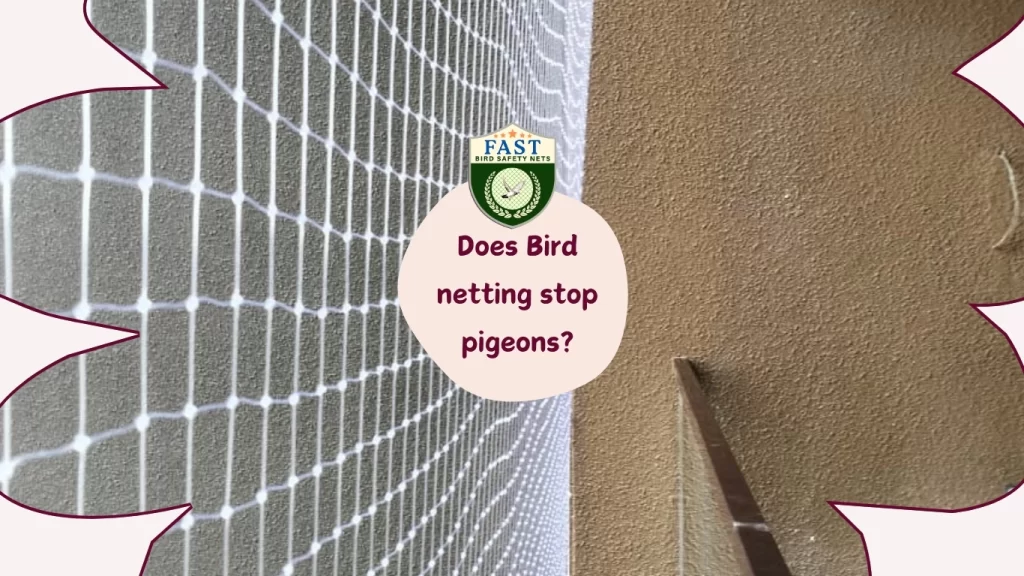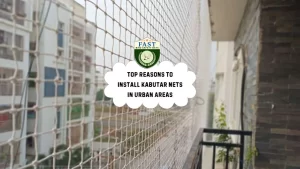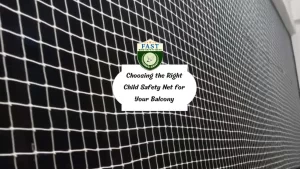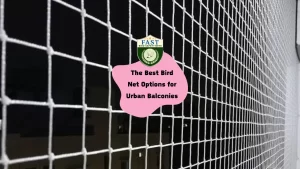Pigeons, with their ubiquitous presence in urban environments, often become a nuisance due to their droppings, noise, and potential property damage. Bird netting is a popular solution aimed at deterring pigeons and other birds from roosting or nesting in specific areas. In this guide, we will explore how does bird netting stop pigeons effectively, along with considerations and best practices for its implementation.
Understanding Bird Netting:
A physical barrier consisting of sturdy, lightweight materials like nylon or polyethylene is called bird netting. It is designed to create a barrier that prevents birds from accessing specific areas, including balconies, rooftops, and building facades. The mesh size of the netting is small enough to deter birds while allowing light and air to pass through.
How Bird Netting Stops Pigeons:
Physical Barrier: Bird netting creates a barrier that pigeons cannot penetrate, effectively preventing them from roosting or nesting in the protected area.
Visual Deterrent: The presence of bird netting acts as a visual deterrent for pigeons, signaling that the area is inaccessible and discouraging them from attempting to land or perch.
Safe and Humane: Unlike some other bird control methods, such as chemical repellents or traps, bird netting provides a safe and humane solution for deterring pigeons without causing harm to the birds.
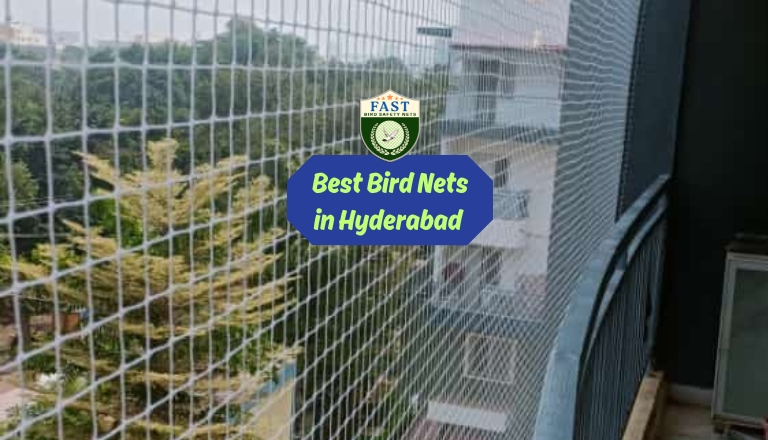
Factors Affecting Effectiveness:
Proper Installation: Effective installation is crucial for the success of bird netting. It should be securely fastened and properly tensioned to ensure that pigeons cannot access the protected area.
Coverage Area: Bird netting should cover the entire area where pigeons are a problem to prevent them from finding alternative entry points.
Maintenance: Regular maintenance is essential to ensure the longevity and effectiveness of bird netting. It should be inspected periodically for damage or sagging and repaired or replaced as needed.
Best Practices for Bird Netting Installation:
Site Assessment: Conduct a thorough assessment of the site to identify potential entry points and nesting sites for pigeons.
Customized Solution: Choose bird netting that is appropriate for the specific application and properly sized to cover the target area.
Professional Installation: For larger or more complex installations, consider hiring a professional bird control company with experience in bird netting installation.
Regular Inspection: Schedule regular inspections to check the condition of the bird netting and address any issues promptly to maintain its effectiveness.
Conclusion:
Bird netting effectively stop pigeons and it is also a humane solution for deterring pigeons and other birds from roosting or nesting in specific areas. When properly installed and maintained, bird netting provides a long-term solution for controlling pigeon populations and minimizing the associated problems. By understanding the factors that affect the effectiveness of bird netting and following best practices for installation and maintenance, property owners can enjoy a pigeon-free environment and peace of mind.

